
Mechanical Engineering

- PhD in Ocean Engineering, University of Glasgow, United Kingdom
- B.Tech (Bachelor of Technology) in Civil Engineering, India
- M.Tech (Master of Technology) in Ocean Engineering, Indian Institute of Technology (IIT), Chennai, India
- Member of Engineering Committee on Oceanic Resources (ECOR), RINA
- Marine Energy-5
- Solid Mechanics 3 [Mechanical Engineering]
- Mechanical Engineering Fundamentals Renewable Energy [MSc in Sustainable Energy Systems]
- Wave Energy
- Wave-current loadings on Offshore Structures
- Model testing of Offshore/Coastal structures
- Numerical and Physical wave modeling
- Ocean wave analysis and Statistics
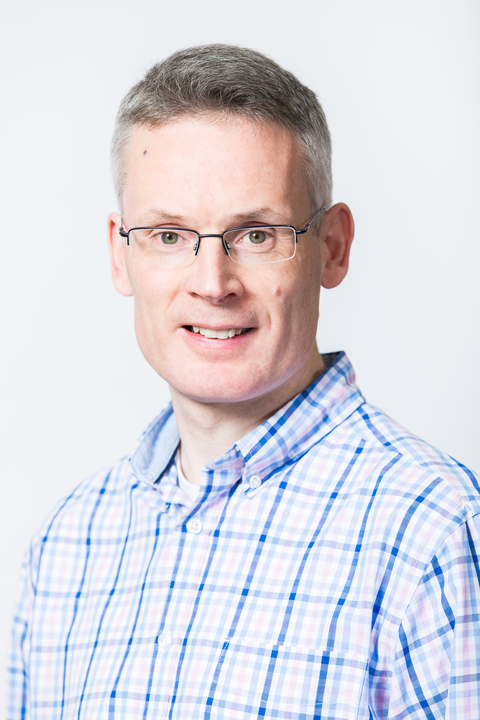
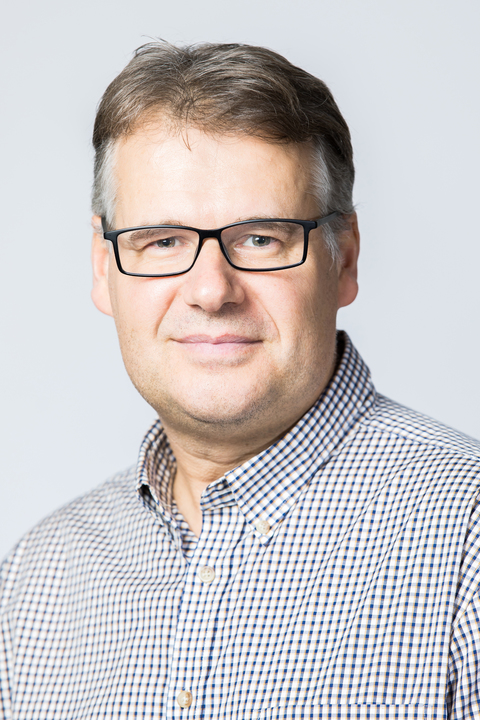
Henry began his career in the energy business within the North Sea oil and gas industry and in 1998 he made the radical move into the emerging commercial marine renewables sector.
- 1994-1998 BEng (Hons) Mechanical Engineering: 1st class Honours
- 2004-2006 MBA Aberdeen Business School
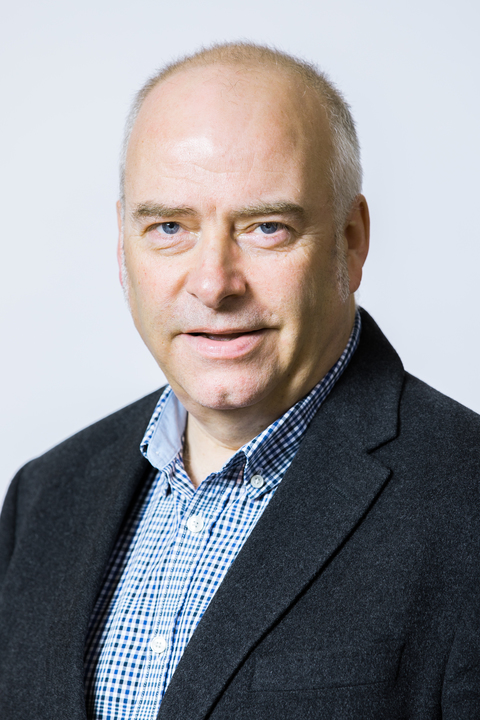
@DrBenOwen
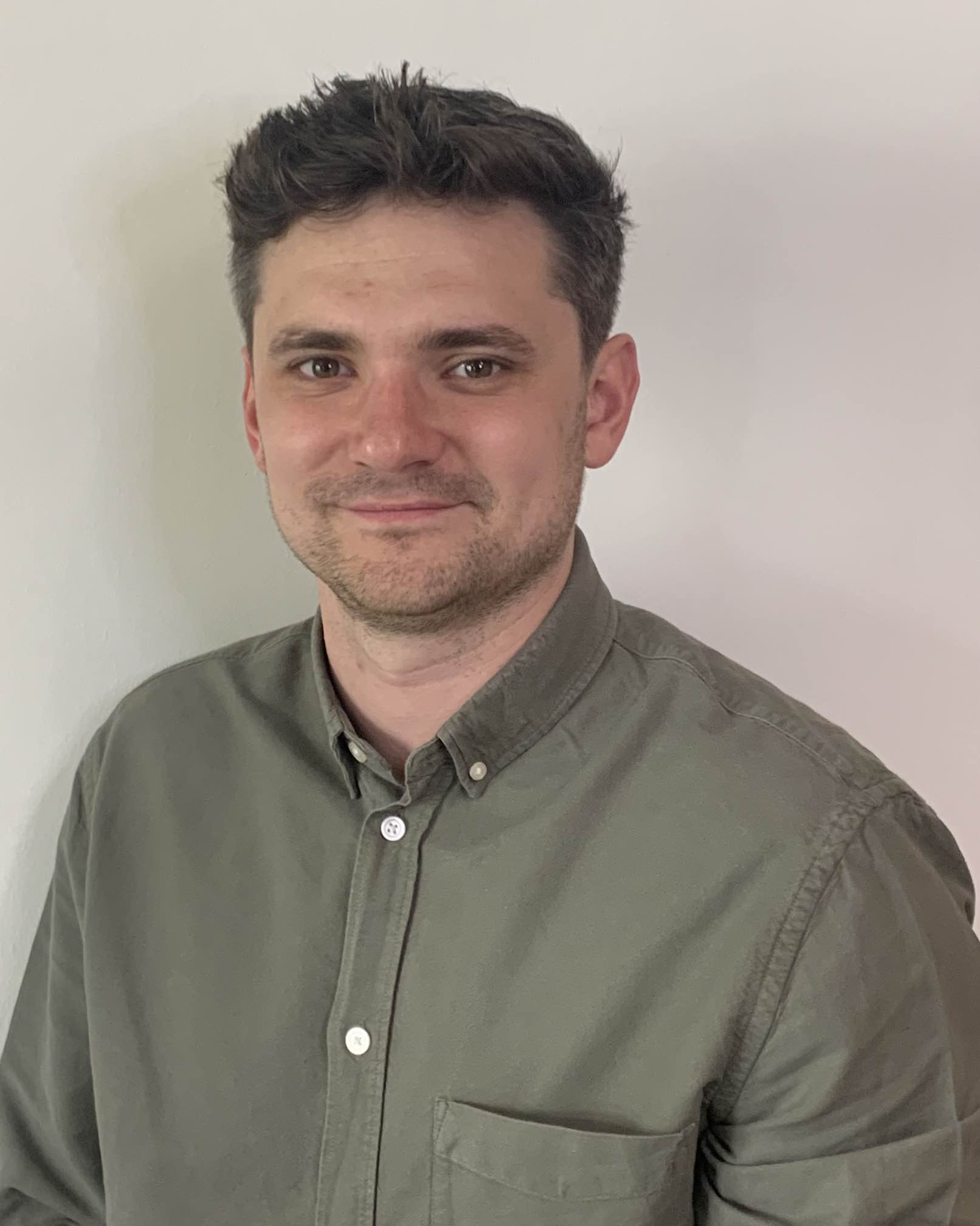
I am a Chancellor's Fellow in Health and Life within the School of Engineering. My research focuses on the use of numerical modelling and machine-learning framework for disease diagnostics.
PhD Aerospace Engineering, University of Manchester, 2019
MEng Aerospace Engineering, University of Manchester, 2014
- Numerical modelling
- Blood flow modelling
- Inertial microfluidics
- Disease diagnostics
- GPU acceleration
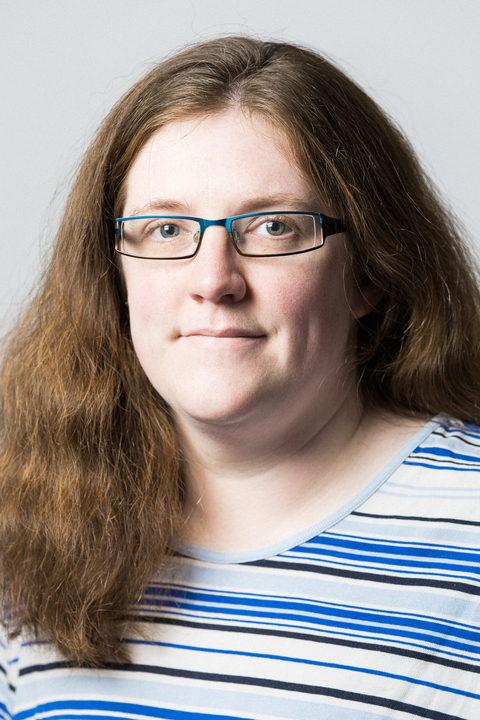
- PhD Environmental Strategy, University of Surrey, 2010
- Diploma of Imperial College, Mechanical Engineering and Energy Policy, 2010
- MEng Mechanical Engineering, Imperial College London, 2006
- Associate Member, Institution of Mechanical Engineers (IMechE)
- Graduate Member, Energy Institute
- Member, British Institute of Energy Economics
- Personal Tutor
- Thermodynamics (Mechanical) 4
- Project supervision for mechanical engineering undergraduate and Sustainable Energy Systems MSc students
- Analysis of flexible low carbon electricity systems
- Techno-economic analysis of carbon capture and storage (CCS) in electricity systems
- Communication of carbon capture and storage (CCS) to non-specialists
- Power plant and CO2 capture engineering
- Opportunities and challenges for CCS in developing countries
- Equality and Diversity Coordinator for School of Engineering
- Network Director for UK CCS Research Centre
- Member of Directorate of Scottish Carbon Capture and Storage


Dr Winifred (Wini) Obande is a Lecturer & Elizabeth Georgeson Fellow in Sustainable, Multi-functional Composites.
She leads the Circular Composites Engineering Group, focusing on the development of resource-efficient, lightweight materials. Her research embeds life-cycle thinking and life-cycle assessment (LCA) to inform the sustainable design and selection of materials and manufacturing processes. She is particularly interested in valorising waste and bio-based feedstocks as alternatives to virgin materials in composite applications. Her work includes testing for functionality and durability to benchmark the performance of these novel materials.
She serves on the SAMPE UK & Ireland Committee and is a founding member of the Edinburgh Materials Society, an IOM3-affiliated local society.
- PhD in Mechanical Engineering, The University of Edinburgh
- MRes in Mechanical Engineering, University of Limerick, Ireland
- BEng in Biomedical Engineering, University of Limerick, Ireland
- Member of the Institution of Engineering and Technology (IET)
- Member of the Society for the Advancement of Material and Process Engineering (SAMPE)
- Member of the Institute of Materials, Minerals and Mining (IOM3)
- Manufacture 3 (MECE09032), 2024/25 - Ongoing
- Professional Issues for Mechanical Engineers 3 (SCEE09001), 2023/24
- Sustainable Energy Group Design Project 3 (MECE09026), 2023/24
Circular Composites Engineering Group PhD Opportunities:
- Surface and Suspension Dynamics in the Alignment of Recycled Fibres (Fully funded PhD)
- Process Development for Scalable and Sustainable Fibre Alignment (Self-funded PhD)
I welcome enquiries from self-funded candidates whose research proposals closely align with my areas of interest. Candidates may also wish to explore available University of Edinburgh Scholarships.

Amer is a mechanical engineer with interests primarily in the area of fracture mechanics. He is particularly interested in deformation and damage mechanics of complex materials. The focus of his work is on the understanding of micromechanics of fracture to inform the macroscopic behaviour of materials. He has previously worked on the mechanics of deformation and damage in coal- which is one of the facinating materials to work with as the mechanical behaviour is influenced by the adsorption and advection taking place in the pore spaces and cracks (cleats) at multiple length and time scales. His recent work has been on micromechanics of geomaterials where he developed experimental techniques to acquire information on micromechanics through direct imaging conducted at X-ray and neutron beamlines.
Amer's current focus is to enhance the current understanding of micromechanics of deformation and damage of composite materials for improved design and damage prediction.
PhD Earth Science and Engineering, University of London for work undertaken at Imperial College
MS Ocean Engineering, Indian Institute of Technology Madras, India
CEng, MIMechE
- Micromechanics of deformation and damage
- X-ray and neutron imaging of materials under in-situ stress
- Image processing, segmentation and pattern recognition
- Design of test facilities for material testing, especially for beamline imaging
Amer is interested to hear from potential PhD students interested in working in the area of micromechanics of composites. An advert for a potential position will be released shortly.

We are always open to new collaborations and students. If you have any enquiries please email rhiannon.grant@ed.ac.uk
Dr Grant is happy to speak at public event and is particularly committed to encouraging women and girls in STEM. If you'd like her to speak at your school, workplace or event please send an email!
We maintain strict commitments to the reduction, refinement and replacement of animal models throughout our work.
